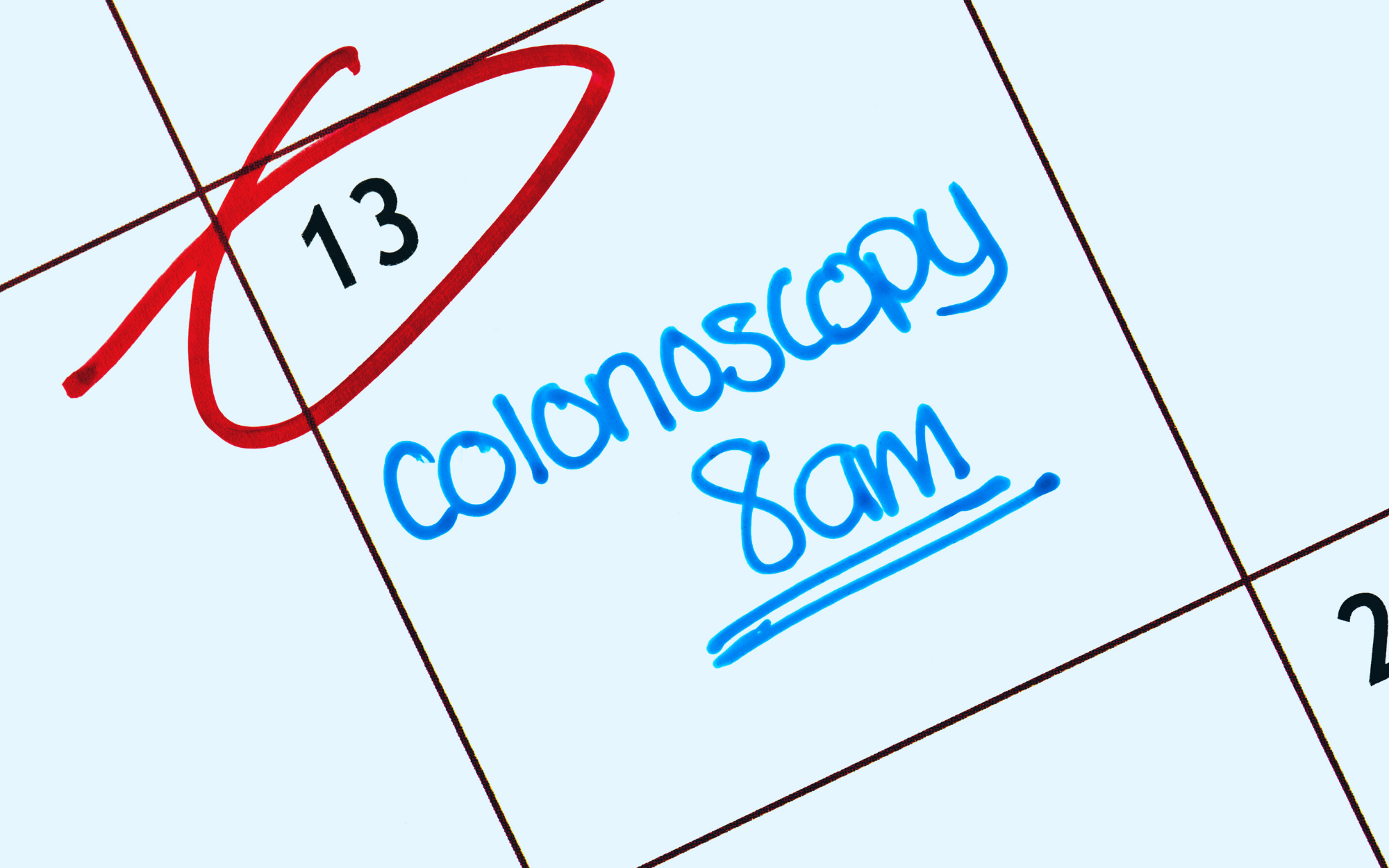Establishing a Colon Cancer Screening Routine
It’s been explained to you that colon cancer is the number one cause of cancer-related deaths. You’ve spoken with your referring physician, and you’re a candidate for a colonoscopy. With a family history aligning with your concerns, this screening is important to you.
However, a number of colon cancer screening options have been explained to you. Your next decision will involve choosing the one that’s right for you – which involves several considerations: What are your risk factors – age, family history? How soon do you want/need results? What accuracy level do you expect? How much time between screening do you prefer? What will the test or procedure involve?
Being tasked with such a choice is certainly not easy but you understand the underlying fact: the screening could be lifesaving. So what will your commitment mean in regards to your results and your mental well-being, and how do you make the ultimate decision? Review your options and consider the answers to your questions to aid you in your decision.
Colonoscopy: The most accurate and sensitive test available in our current healthcare technology is a colonoscopy, which is a 30-60 minute procedure involving a colonoscope – a flexible tube with a miniature video camera attachment – inserted into the rectum. The camera allows the surgeon to notice any changes or abnormalities inside the entire colon and remove any polyps as they are found, making the colonoscopy the most productive screening. Polyps are abnormal tissue that can be removed by the scope through the procedure. Routine testing is recommended every five to ten years contingent upon initial colonoscopy results. Results are reported in 2-3 weeks with over 90% accuracy.
Stool DNA Testing: A take-home option that identifies specific gene changes, DNA types, or blood that lands in stool from pre-cancerous or cancerous polyps in the colon, this test is mailed to the lab. A colonoscopy may be scheduled following a stool DNA test to remove polyps. Routine testing is recommended every three years contingent upon test results. Results are typically reported in 3-4 days with an accuracy rate of 92%.
Fecal Occult Blood Test or Fecal Immunochemical Test: Another take-home stool sample test option, a fecal occult blood test (FOBT) and fecal immunochemical test (FIT) are lab tests designed to find occult (hidden) blood in the stool. Some polyps and colon cancers cannot be detected with this option, reducing the accuracy rate, and additional tests may be needed to identify the source of the blood. False-positive rates are more common with a FOBT or FIT.
Bottom line, your risk factors should be a huge contributor to the routine of your screening. Keep in mind, the earlier colon cancer is detected, the easier it is to treat, and the health of your colon can drastically change in the time since you’ve had your last colonoscopy especially if it’s been prolonged. Routine is key to health in a multitude of ways – make sure your cancer screening is an act of your personal care schedule.
Community members interested in receiving their colonoscopy should consult their primary care provider at Avera Medical Group Sibley by calling 712-754-3658 and inquire about their age, risk factors, and family history. Referred colonoscopies can be scheduled directly at Osceola Regional Health Center by calling Central Scheduling at 712-754-5304.

